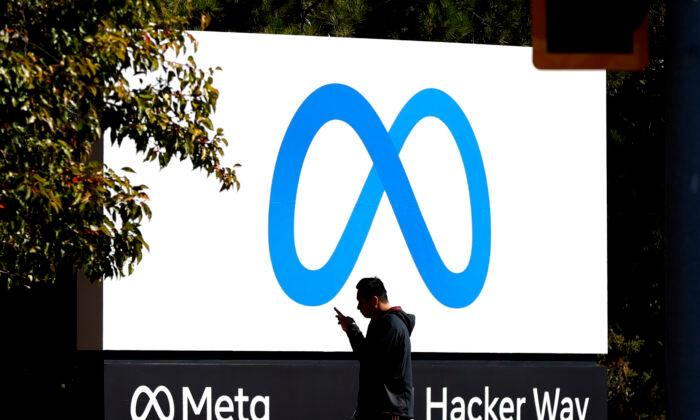Australia’s consumer watchdog has filed a lawsuit against Facebook’s parent company Meta over cryptocurrency scam ads, which conned AU$100 million (US$73.83 million) from Australians last year.
The Australian Competition and Consumer Commission (ACCC) has filed the legal action in the Federal Court of Australia, alleging the tech giant knew scam ads were running on Facebook but did little about it.
“It is a key part of Meta’s business to enable advertisers to target users who are most likely to click on the link in an ad to visit the ad’s landing page, using Facebook algorithms,” ACCC Chair Rod Sims said in a statement. “Those visits to landing pages from ads generate substantial revenue for Facebook.”
“The ACCC alleges that the ads, which promoted investment in cryptocurrency or money-making schemes, were likely to mislead Facebook users into believing the advertised schemes were associated with well-known people featured in the ads,” he said.
Notable local public figures included TV presenter David Koch, former New South Wales Premier Mike Baird, and businessmen Dick Smith and Andrew Forrest were featured in the ads despite never endorsing or approving crypto schemes.
The ads contained links that would direct Facebook users to a fake media article that included quotes attributed to the public figures.
Users were then invited to sign-up and would be contacted by scammers, who applied high-pressure sales tactics—including repeat phone calls—to get them to invest in fake schemes.
The ACCC alleges Meta was aware of the scam but did not take sufficient steps to deal with the issue, even after several complaints were made.
“Meta should have been doing more to detect and then remove false or misleading ads on Facebook, to prevent consumers from falling victim to ruthless scammers,” Sims said.
“Apart from resulting in untold losses to consumers, these ads also damage the reputation of the public figures falsely associated with the ads,” he added. “Meta failed to take sufficient steps to stop fake ads featuring public figures, even after those public figures reported to Meta that their name and image were being featured in celebrity endorsement cryptocurrency scam ads.”
Sims said that in “one shocking instance,” an individual lost more than AU$650,000 (US$479,000) to the scam.
“This is disgraceful,” he said.
The watchdog will be seeking declarations, injunctions, penalties, and costs against Meta.
According to the ACCC’s Scamwatch, consumers lost $99 million (US$73 million) to cryptocurrency investment scams in 2021, while Meta generated over US$115 billion of advertising mainly via Facebook and Instagram.
The ACCC and other digital authorities have continued tightening regulation and scrutiny of the activities of Big Tech firms like Google and Meta.





